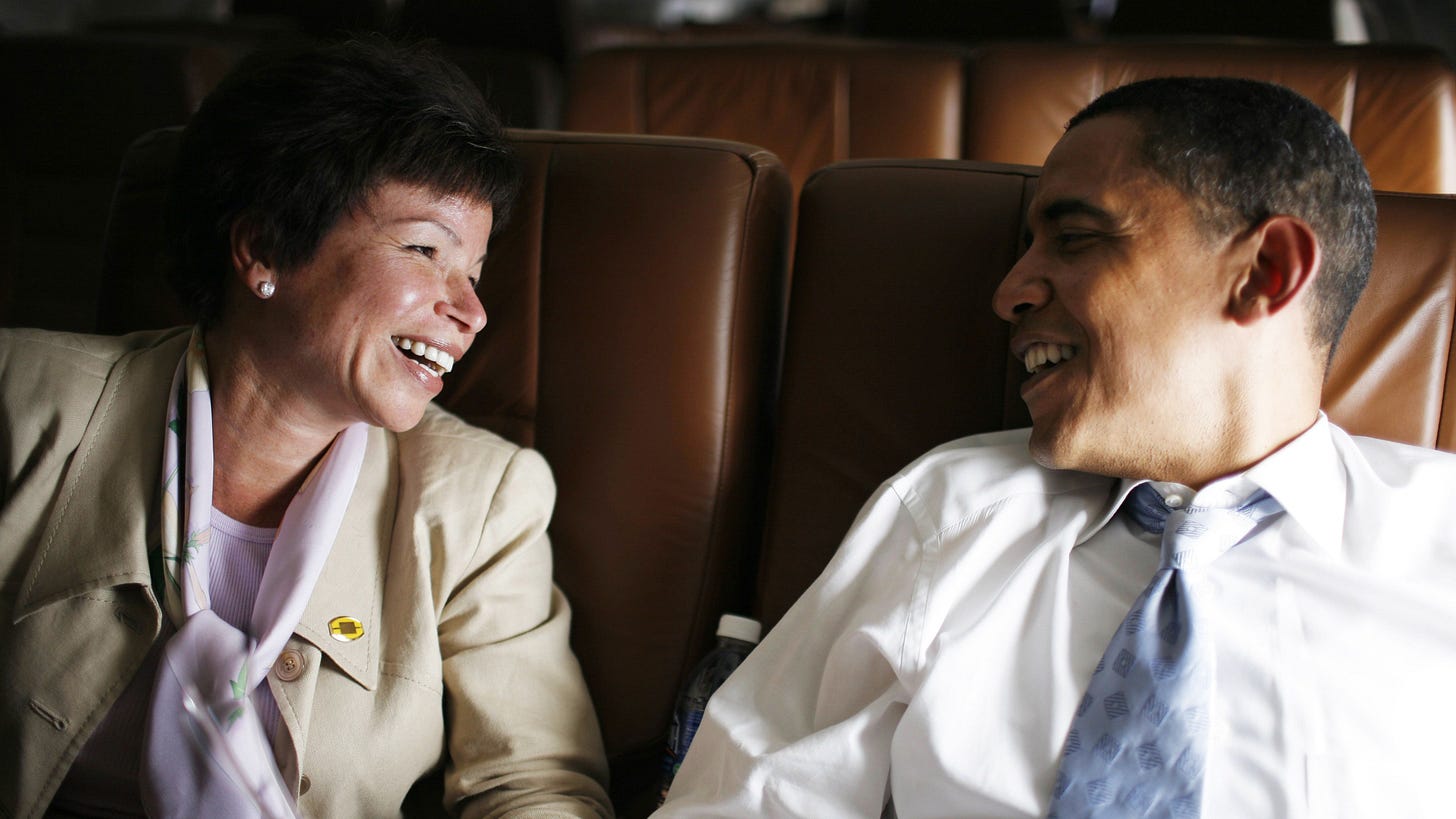Feelers and Warrior Kings
How the Feeler vibe wields hidden influence in the halls of power
I hope you’re having a good summer. My last post was about the Magic of Mirror Neurons, which helps explain why Feelers are so connected to others.
Today’s post, 3rd in the series, is about the role of the Feeler in balancing groups, power, and society.
Imagine a king in the throes of an expensive war and dwindling supplies. As his kingdom falters, he seeks advice from a trusted advisor who is always there to counsel him. He asks questions like:
“What do the people want from me right now?”
“How do they feel about me?
“What can I do to appeal to them?”
This is not a fairy tale. History is full of bold leaders who depend on trusted advisors to help them understand and be more sensitive to the needs of people. This is where the Feeler vibe shines. This role requires someone who can empathize with individuals and decode cultural change.
Feelers in Fiction
In The Game of Thrones, Ser Jorah Mormont was a Feeler who advised Daenerys Targaryen and helped steer her growing empire in more humane directions.
Feelers in the Real World
Figures like Valerie Jarrett were important advisors to Barack Obama. Jarrett had a huge influence on the Obama presidency. Michelle Obama once said, “She knows the buttons, the soft spots, the history, the context.”
Steve Jobs depended on Joanna Hoffman as an emotional compass. Eleanor Roosevelt was a source of empathy and understanding, balancing FDR’s instincts.
Gandalf, Rafiki, Ted Lasso, Samwise, Lisa Simpson, Leo in The West Wing… Feelers are everywhere and an essential part of how we work together.
What do they have in common?
They think and feel deeply
They notice details and patterns that others miss
They empathize and sympathize with others
Not all Feelers are advisors to powerful people, of course. Many operate behind the scenes as activists, artists, therapists, caregivers, mediators, and historians. Many Feelers have a rare kind of wisdom that has always been needed.
Royal Advisors and Warrior Kings of History
Elaine Aron, the author of The Highly Sensitive Person, describes a balance that many civilizations found throughout history.
For aggressive societies to survive, however, they always need that priest-judge-advisor class as well. This class balances the kings and warriors. It is a more thoughtful group, often acting to check the impulses of the warrior-kings. Since the advisor class often proves right, its members are respected as counselors, historians, teachers, scholars, and the upholders of justice.
Today’s society has striking similarities. The Feelers of today often focus on the collective good versus the individual. They are comfortable operating in gray areas that consider fairness more than winning. They help create a balance for today’s warrior kings.
One of the Team
Consider virtually any kind of team, whether it’s families in an ancient village, the founders of a startup, or a group of friends. When these groups are successful, it’s not because of their similarities, but their differences.
Let’s consider the ancient village. The vibes we’ve discussed so far were present in different forms.
The Naturals' effortless charm, cool demeanor, and intuitive feel for people helped them become leaders who could manage teams and negotiate with foes.
The Analysts’ focus on rationality, rules, systems, and precision made them a perfect fit for managing limited resources, planning battles and events, and providing systems and structure the village needs.
The Feelers’ deep thinking, empathetic nature, creativity, intuitive feel for others, and sensitivity meant they could thrive in positions of caring for others, counseling leaders, developing culture, and overall stability.
The Performer (not yet covered) relates to someone socially attuned and driven by external attention and relevance. They are drawn to presentation, story, and spectacle as a way to relate.
In the example above, you can see that the four vibes are enduring parts of how we work together. They represent a spectrum of who we are.
The Big Idea
Today, sensitive people get a bad rap. Some see feeling, caring, and empathizing as weaknesses or flaws. They assume everyone experiences the world like they do.
In reality, sensitivity is a source of power and influence that’s not often an act. It’s a default setting. Some people are more sensitive than others. This quality has always been essential to the human experience. We may have evolved with sensitive people as a survival strategy.
Feelers and highly sensitive people play roles in teams, cultures, and societies that serve to balance and protect. They may not often be on the front lines of battle, but they provide much-needed perspective and a human touch that we all depend on.





